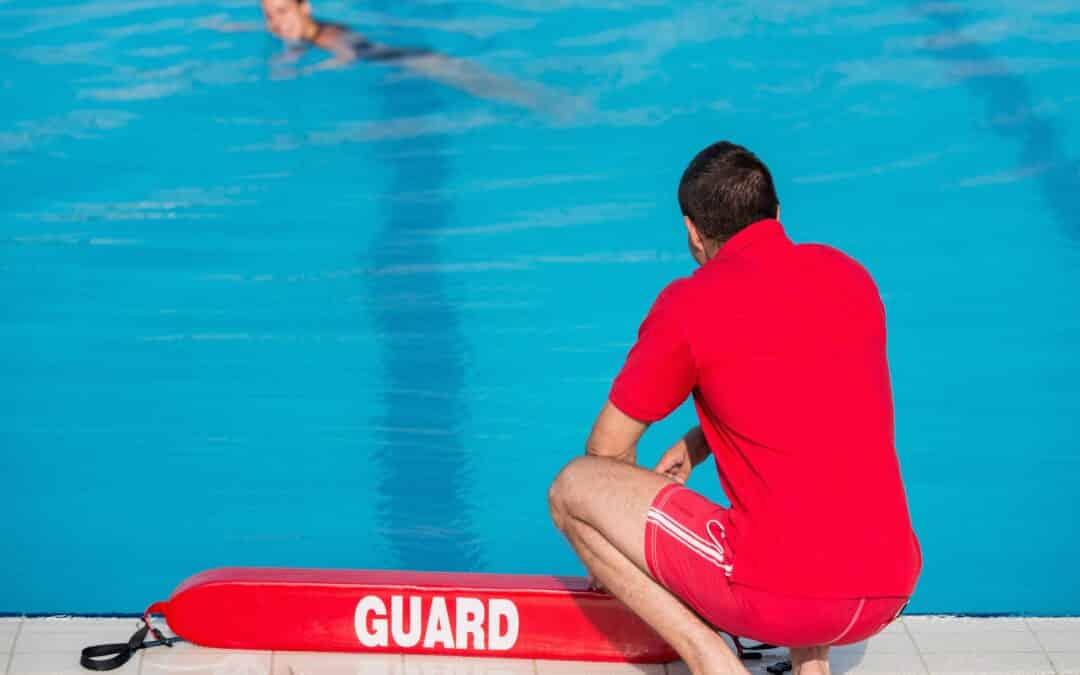
Becoming a certified lifeguard is a commendable goal that opens doors to meaningful job opportunities while equipping you with the skills to save lives. However, not all lifeguard certifications are created equal, and choosing the right one is essential for your career goals. This guide will help you navigate the options and select the best lifeguard certification for your aspirations.
Why Lifeguard Certification Matters
Lifeguard certification is more than a piece of paper—it’s a testament to your preparedness and competence in handling life-threatening situations. A proper certification ensures:
- You meet legal and safety requirements for lifeguarding roles.
- You are trained in essential rescue techniques, CPR, and first aid.
- Employers recognize your qualifications, increasing your job opportunities.
A reputable certification not only builds your confidence but also gives those under your care peace of mind.
Key Factors to Consider When Choosing a Lifeguard Certification
1. Accreditation
Always choose a Lifeguard certification from an accredited organization. The most widely recognized accrediting bodies include:
Certifications from these organizations comply with national and international safety standards, ensuring their validity across various job markets.
2. Type of Lifeguarding Environment
Different certifications are tailored to specific aquatic environments. Consider the type of facility or environment you plan to work in:
- Pools: Certifications for pool lifeguards focus on confined water rescues and indoor safety protocols.
- Waterfronts: These certifications cover open water rescues in lakes and rivers.
- Beaches: Designed for ocean lifeguards, these programs address challenges like rip currents, tides, and marine life.
- Waterparks: Specialized certifications focus on high-risk environments, such as wave pools and water slides.
Choose a certification that aligns with your desired work setting.
3. Course Content
Ensure the certification program covers a comprehensive curriculum, including:
- Water rescue techniques.
- CPR/AED and first aid training.
- Emergency management protocols.
- Accident prevention strategies.
- Team communication and coordination.
Programs with a blend of theoretical knowledge and hands-on practice provide the most effective training.
4. Duration and Format
Lifeguard certification courses can range from intensive one-week programs to part-time courses spread over several weeks. Consider your schedule and learning preferences:
- In-Person Training: Offers hands-on experience in real-time scenarios.
- Blended Learning: Combines online coursework with in-person practice for flexibility.
- Online-Only Programs: Rare and less preferred due to the need for physical skill demonstration.
6. Recertification Requirements
Most certifications are valid for two years. Check whether the program offers clear pathways for renewal, including refresher courses or recertification exams.
Top Lifeguard Certification Providers
1. American Lifeguard
The American Lifeguard is a gold standard in lifeguard certification. Their programs cover a wide range of skills, including water rescues, CPR/AED, and injury prevention. They offer certifications for pools, waterfronts, and waterparks.
What to Expect During a Lifeguard Certification Course
1. Prerequisite Swim Test
Most programs require a pre-course assessment to evaluate your swimming proficiency. This typically includes:
- Swimming a specified distance without stopping.
- Treading water for a set duration.
- Retrieving a weighted object from the water.
2. Classroom Learning
Theoretical instruction covers topics like safety regulations, accident prevention, and emergency response protocols.
3. Hands-On Training
Practical sessions include practicing water rescues, CPR, and first aid techniques under the supervision of certified instructors.
4. Final Exam
The certification process concludes with written and practical tests to assess your knowledge and skills.
Benefits of Obtaining the Right Lifeguard Certification
1. Increased Job Opportunities
Employers prioritize candidates with certifications from reputable organizations. The right certification expands your job prospects across various aquatic environments.
2. Lifesaving Skills
Comprehensive training ensures you’re prepared to handle emergencies with confidence and competence.
3. Career Advancement
Certain certifications, like those for waterfront or surf lifeguarding, open doors to specialized roles and higher earning potential.
4. Personal Growth
Lifeguard certification develops leadership, teamwork, and problem-solving skills that are valuable in any career.
Questions to Ask Before Enrolling
To ensure you’re choosing the right program, ask these key questions:
- Is the certification recognized by employers in my area?
- Does the course align with the environment I want to work in?
- What is the duration and format of the training?
- What are the recertification requirements?
- Are there additional fees beyond the course cost?





Leave a Reply